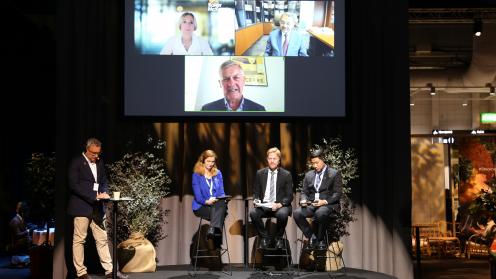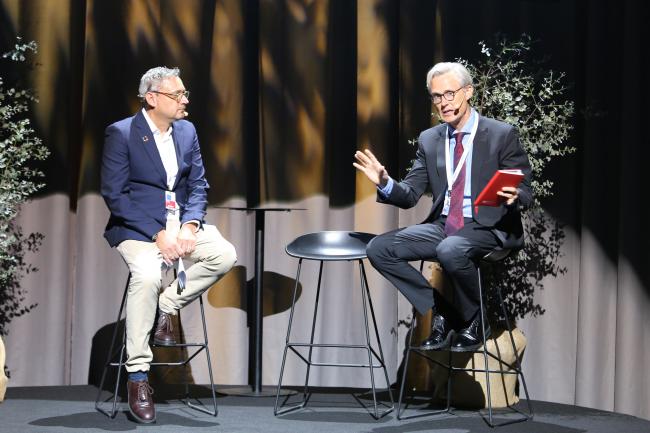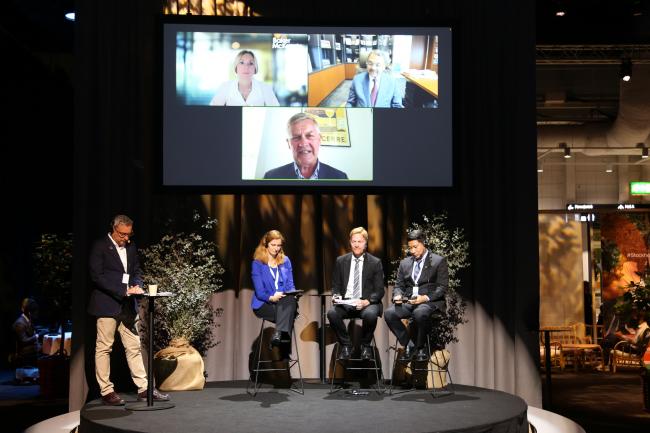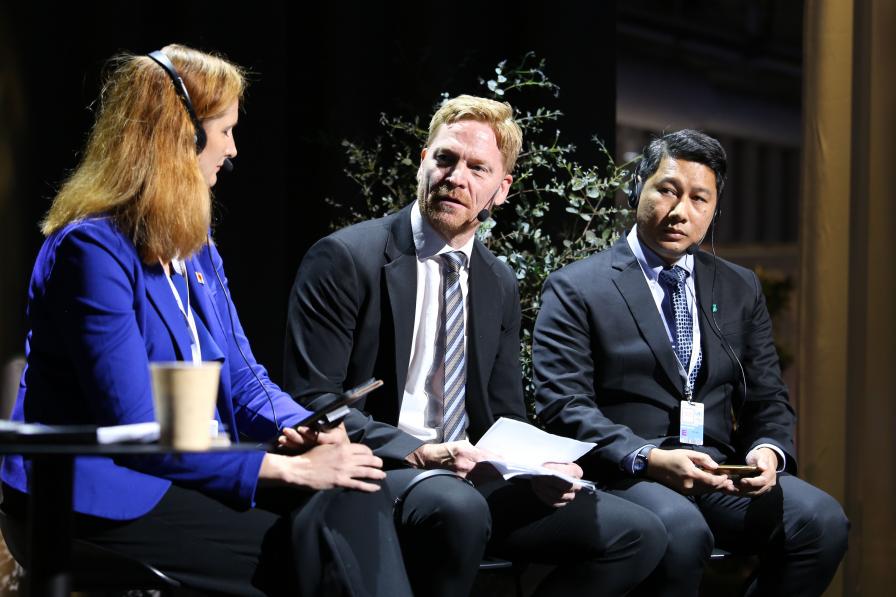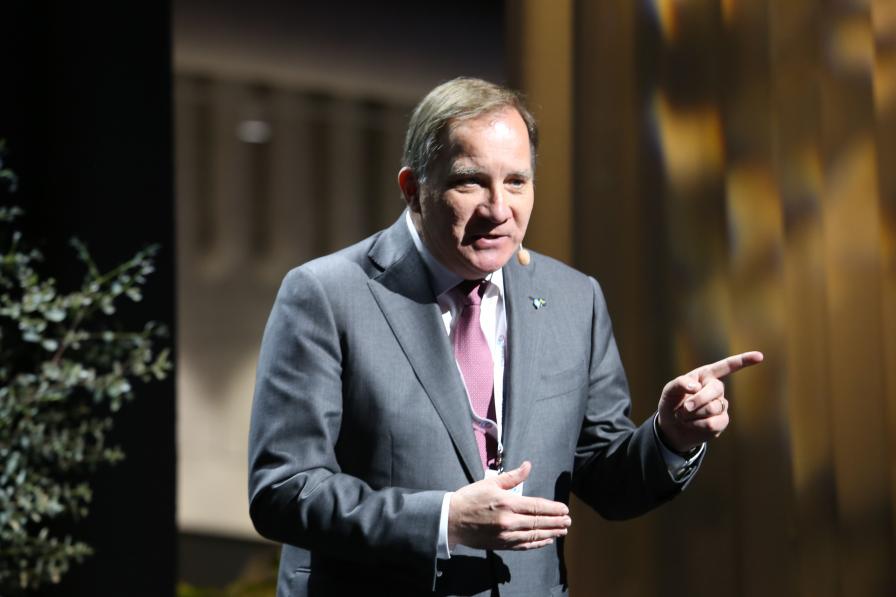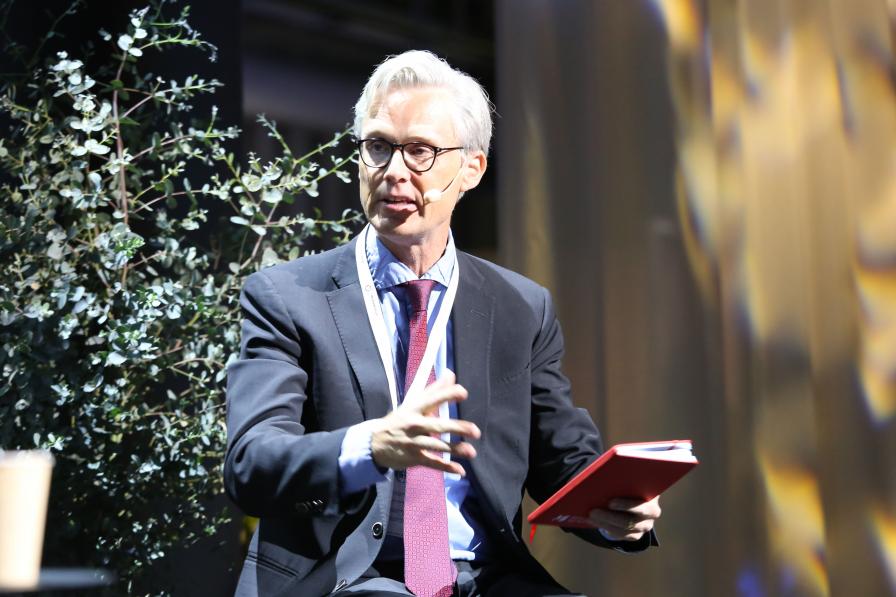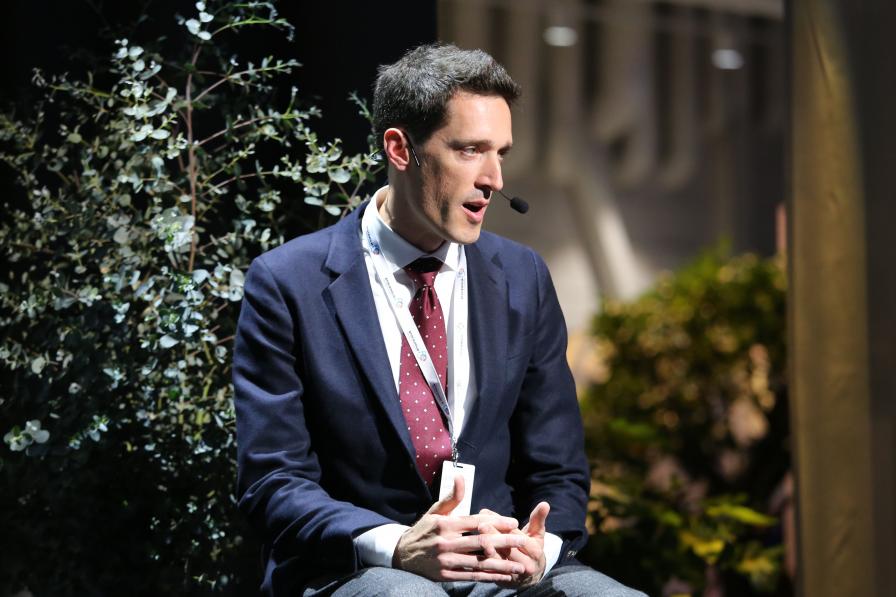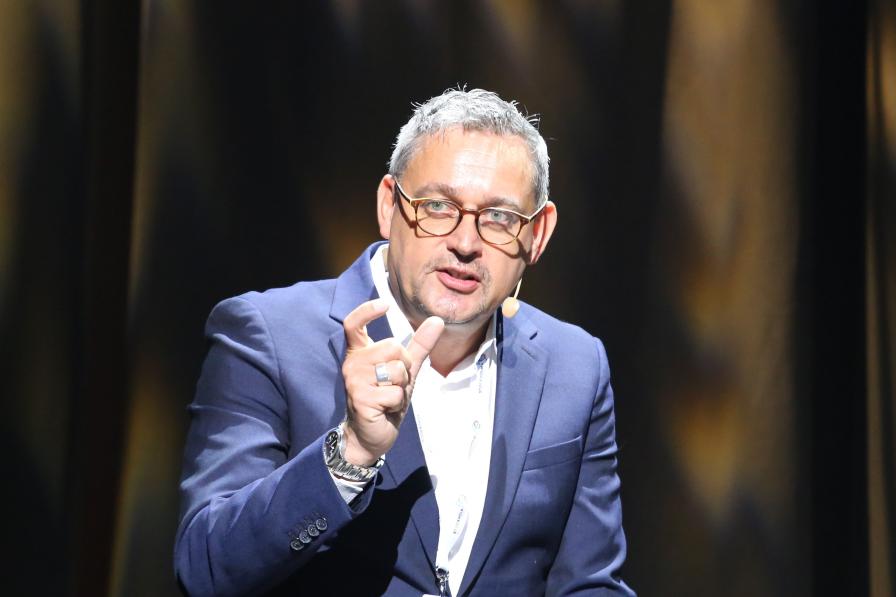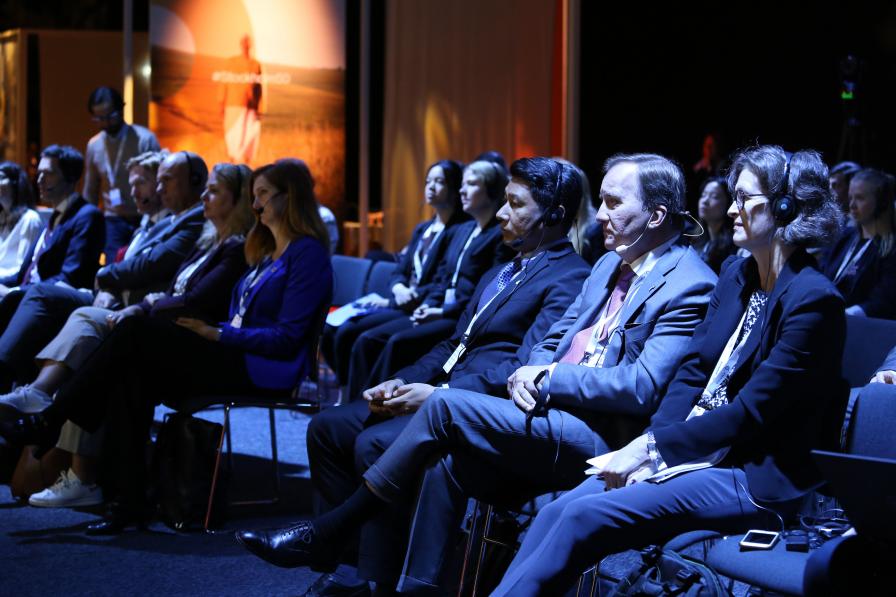About
Three common issues emerge in a report from SEI and WBCSD on how to rapidly scale up green business practices in global value chains, with positive impacts for jobs and our environment.
Organizers: World Business Council for Sustainable Development (WBCSD) and Stockholm Environment Institute (SEI)
While the 1972 Stockholm Conference delivered a compelling vision of people living in equitable harmony with nature—catalyzing five decades of international institution building and the creation of landmark environmental conventions—half-hearted efforts to implement those ideals have pushed our societies well past Earth’s planetary boundaries. However, those five decades of radical innovation have made it more possible than ever for global value chains to create jobs while operating sustainably, so long as there is will and a clear path to follow.
On the margins of the Stockholm+50 international meeting, WBCSD and SEI convened a side event to share those paths. In the words of moderator Dominic Waughray, Senior Advisor to the CEO, WBCSD, the launch of the Stockholm Action Agenda was meant to emphasize the “action” element of their joint input to the Stockholm+50 meeting, while honoring the legacy of the original conference.
Peter Bakker, President and CEO, WBCSD, opened the event, endorsing the importance of multilateralism in tackling climate change, biodiversity loss, and pollution. He shared how WBCSD and SEI—in collaboration with the UN Environment Programme (UNEP) and the Government of Sweden Secretariat for Stockholm+50—curated the four-month process that produced the Stockholm Action Agenda on sustainable global value chains. Through two consultation dialogues, a public survey, and research, their team gathered actionable solutions to scale sustainable value chains from 34 global export organizations as well as international institutions and leading multinational businesses.
Måns Nilsson, Executive Director, SEI, underscored the broad collaboration in the report and how it tied into other scientific inputs to Stockholm+50. A conversation with Dominic Waughray shared the report’s focus on common solutions across six value chains, namely:
- electronics;
- fashion;
- mobility;
- construction ;
- food and agriculture; and
- tourism
Panelists shared the three “big ideas’ of joint solutions across supply chains. The first would be creating a universal mechanism to increase the transparency and accountability of businesses embracing sustainability, making it easier for policymakers, peers, and the public to learn which companies are building best practices and which are falling behind. A shared circularity protocol would help companies unlock innovation in materials and processes by harmonizing international standards, partially drawing from the experience of the Montreal Protocol in creating shared rules for dealing with hydrofluorocarbons (HFCs). Finally, global investment in skills and capacity building would help small- and medium-sized enterprises (SMEs) better understand supply chain rules and regulations, while also building links to future business partners and environmental advisors.
Former Swedish Prime Minister Stefan Löfven commended the Stockholm Action Agenda. As Co-Chair of the UN High-level Advisory Board on Effective Multilateralism, he shared progress toward a January report tasked by the UN Secretary-General on concrete proposals to advance implementation of key environmental agreements. Reflecting on the state of the world and the role of global supply chains, he noted the need to champion a positive agenda, drawing on visible examples of a net-zero, nature-positive economy that have begun to emerge, such as fossil-fuel-free steel. He also emphasized how businesses and the financial sector can and should see development as a long-term business opportunity, with people escaping poverty to become more stable, productive members of their communities and the economy.
Dane McQueen, Director, Programs and Partnerships, 28th session of the Conference of the Parties to the UN Framework Convention on Climate Change (UNFCCC COP 28), joined several other speakers in drawing attention to progress made at the Glasgow Climate Change Conference, including forming meaningful coalitions on specific environmental threats. He said COP 26 provided a good vision for 2050. He highlighted the work of the United Arab Emirates Presidency for COP 28 in creating sectoral roadmaps toward interim goals in 2025, 2030, and so on. While he noted the importance of UNFCCC parties giving formal responses to the global stocktake, he also noted his team’s goal of amplifying the coalitions of the willing in their work toward decarbonization.
Kicking off a panel discussion of business leaders bringing sustainability to global value chains, Erik Solheim, Environment Advisor, April, noted the sea change in perspective around environmental, social, and corporate governance (ESG), stating that the attitude “businesses’ only goal is profit” has disappeared from popular discourse. He also noted the positive business opportunities available when building an “ecological civilization” and that, unlike in previous decades, the finances and technologies are available to advance economic and environmental health simultaneously.
Sunny Verghese, CEO, Olam, said Olam is working with other companies in the food and agriculture sector to co-create a platform that will provide customers with comparative data across regions and suppliers on sustainability metrics. He highlighted the need for action at all five levels of change: individuals, companies, sectors, governments, and civil society.
Jackob Kiefer, Group Head Public Affairs, ABB, emphasized the importance of energy efficiency, given that two-thirds of energy generation is wasted, and noted the role of automation and digitalization in achieving greater efficiency. He added that regulations across borders are needed, but should be developed collaboratively, and provided an example of the lack of protocols for using secondary materials, such as motors, to encourage circularity.
Wan Sayuti Wan Hussin, Head, Strategy and Policy, Corporate Sustainability, Petronas, stressed the need for a whole of society and whole of government approach. He said his company supports the education of youth and collaborates with the Malaysian Ministry of Education to improve the quality of teachers, and educates its value chain about sustainability.
Annica Bresky, CEO, Stora Enso, stressed the need for multilateral systems to establish protocols that can remove roadblocks to achieving circularity. She noted that circularity should be designed into the production of building and products.
Contact:
Elisa Leimer | leimer@wbcsd.org
To receive free coverage of global environmental events delivered to your inbox, subscribe to the ENB Update newsletter.
All ENB photos are free to use with attribution. For photos of side events during Stockholm+50, please use: Photo by IISD/ENB | Angeles Estrada Vigil
